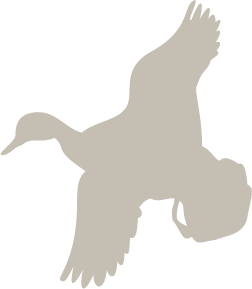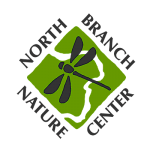Forest Preschool Overview

Program Foundations
At FPS, we empower children to be active in their own learning process by encouraging and supporting their innate curiosity. Our curriculum emerges as we pay careful attention to our students’ interests within the context of the changing seasons.
We use a balance of provocations, child-led, open-ended programming, free play, and sensory exploration in natural environments to support the development of the whole child and inspire relevant and meaningful learning. We use the nature playscape, meadows, and forest as our classroom.
Each day includes “loose parts play” in the nature playscape. This is a time to explore nature-inspired art projects, seasonal, open-ended materials that may be manipulated in multiple ways.
Songs, storytelling, fingerplays, books and imaginative play come together to promote foundational literacy development. Our provocations often invite students to experiment with early math concepts including measuring, counting, comparing, and sorting.
We provide opportunities for children to learn how to safely use real tools including hammers, whittling peelers, and saws. Using real tools promotes fine motor skill development, a sense of agency, and a positive self-concept.
Because learning and risk-taking often go hand in hand, we also support children’s exploration of healthy risk-taking. This may take the form of climbing a rock or small tree, balancing on a log, etc. In taking healthy risks, children develop confidence and the ability to assess and calculate risk for themselves.
FPS is emphatically committed to weaving equity and social justice learning into our curriculum. FPS staff use books, open and honest conversation, images, provocations, classroom guests, and family members to build a strong foundation of learning around social justice and equity. We highly value family input, involvement, and support of this ever-evolving aspect of our curriculum. As a staff, we are committed to ongoing learning, stretching, and growing in this area in an effort to provide informed, thoughtful guidance for your children.
Sample Day
Each day is structured with a familiar pattern to support children as they engage with natural wonders and one another in the forest and fields. Special care is used in creating gentle transitions.
8:30 am: An offering of natural “Loose Parts” material to inspire learning and personal growth through spontaneous play and exploration.
9:15 am: Clean up and bathroom break.
9:30 am: Hike to Deer Camp with time for observation, discovery, and trail games along the way.
9:50 am: We come together for circle time to share songs, oral stories, finger play, or puppet shows.
10:00 am: Snack time. This is also a time for children to share personal stories and observations.
10:30 am: Children become active again, following their curiosity, and engaging in flow-learning. Children may choose to become “chefs” in the mud kitchen, weave natural material into an outdoor loom, explore, engineer with sticks and rocks, look under logs, initiate imaginative play, watch a bird, build a mouse house, create, follow animal tracks, balance on a log, experiment, discover, etc.
11:45 am: We come together again for an end-of-the-morning circle to sing and share gratitude, discoveries, and/or observations.
11:50 am: We journey back to the Swallow's Nest.
12:10 pm: Lunchtime.
12:45 pm: Rest time.
2:00 pm: “Loose Parts” play as children transition from nap/rest time. There may be options for emergent projects and learning, focused projects, or group documentation of learning in Floor Books.
3:20 pm: Closing circle.
3:30 pm: Time to go home.

713 Elm Street
Montpelier, Vermont 05602
(802) 229-6206
Hours: Center Open Monday-Friday 9-4
Trails Open 24/7


